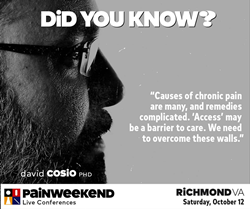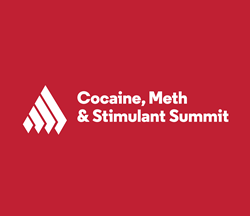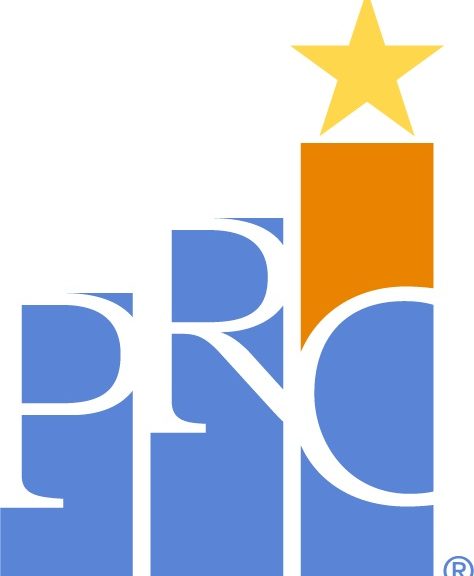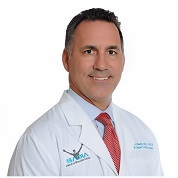
PRC Logo
Substance abuse and chemical dependency are not only dangerous because of the risk of overdose, but also due to their severe impact on other health and societal issues, such as mental health, injury, high-risk sexual behavior, and crime.
OMAHA, Neb. (PRWEB)
September 24, 2019
Addiction, like any disease, pays no mind to race, class, or education. As substance abuse grows across every region of the United States, understanding its prevalence has become a critical element of community health. To equip those fighting addiction on the front lines and to better inform the public of its impact, PRC’s community health experts have gathered new data about alcohol and drug use.
“With the onset of the opioid crisis, substance abuse, as a health issue, has captured America’s attention and is finally getting the attention it deserves,” Bruce Lockwood, Vice President of Community Health at PRC, said. “Substance abuse impacts not only the ‘users’ or ‘abusers,’ but so many others, including the person’s family, friends, and community members.”
In addition to the direct health impact on individuals, substance abuse contributes to negative health outcomes in a number of ways, including, but not limited to community and family violence; sexually transmitted diseases and teen pregnancy; motor vehicle crashes and other accidental injury; and suicide.
The Impact of Substance Abuse
Each population segment faces the effects of substance abuse. “While different parts of our country—and different parts of society—are impacted more than others, certainly no segment of the population is immune to the effects of substance abuse,” Lockwood said.
According to PRC’s National Health Survey, just 3% of US adults have sought professional help for an alcohol or drug problem at some point in their lives. However, a much higher 37% report being personally, directly, and negatively impacted by substance abuse (whether their own substance abuse or that of someone they are close to).
While substance abuse clearly affects Americans of all demographic characteristics, the impact appears particularly high in women, young adults, low-income populations, Whites, and African-Americans.
Alcohol Use
PRC national survey data reveal that just over half (55%) of US adults consume alcohol, having had at least one drink of alcohol during the month preceding the interview.
In terms of risky alcohol behaviors, 10% of US adults are “heavy drinkers,” averaging two or more drinks per day for men, or one or more drinks per day for women. Separately, 20% are “binge drinkers,” having had a high number of drinks (five for men, four for women) on a single occasion during the month preceding the survey.
In all, nearly one in four of US adults are considered to be “excessive drinkers” (reporting heavy drinking and/or episodes of binge drinking). This is notably higher in younger adults, particularly young men. Whites and those with higher incomes are also more often characterized as excessive drinkers. By geography, researchers found little statistical variation among broad US regions (South, West, Northeast, and the Midwest).
Drug Use
Despite growing evidence to the contrary, just 3% of US adults acknowledge using an illicit drug in the past month (including use of illegal substances or of someone else’s prescription medication). This is significantly lower than the 5% recorded in 2001, but as a self-reported measure—and because this indicator reflects potentially illegal behavior—it is reasonable to expect this to be underreported and that actual illicit drug use across the nation is higher.
Interestingly, and perhaps due to recent legalization of marijuana in many states, a much higher prevalence of adults responding to the PRC National Health Survey (12%) report using marijuana at least once in the past month, especially among adults under 40 and those in lower-income households.
Overdose Deaths
According to CDC data, drug overdose deaths in the US have tripled since 2000. Heroin (12,989 deaths) and prescription opioid pain relievers (22,598 deaths) are major contributors, with five- to seven-fold increases in deaths since 2000. As a percent of all overdose deaths in 2015, 63% were opioid class drugs, 57% were prescription drugs, and 42% were illicit drugs.
Furthering the clear evidence for an opioid crisis, researchers found that among the more than 64,000 drug overdose deaths estimated in 2016, the sharpest increase was related to fentanyl and fentanyl analogs (synthetic opioids), with over 20,000 overdose deaths (National Institute on Drug Abuse).
“Substance abuse and chemical dependency are not only dangerous because of the risk of overdose, but also due to their severe impact on other health and societal issues, such as mental health, injury, high-risk sexual behavior, and crime,” Jana Distefano, Director of Community Health at PRC said. “The opioid epidemic continues to impact communities of all types across the United States. As programs evolve and work to impact this issue, it is even more important to monitor and track progress regularly, so we not only overcome this threat to our health, but also strengthen the overall ability of our communities to thrive.”
PRC, a healthcare market research and consulting firm based in Omaha, NE, has performed community health needs assessments in over 500 distinct communities for over 25 years and has touched the lives of over 100 million Americans.
Professional Research Consultants, Inc., (PRC)
Since its inception in 1980, PRC has helped more than 2,200 healthcare organizations achieve their research objectives by collecting and analyzing timely, accurate, and reliable feedback from patients, employees, physicians, and the community at large. We are proud to be at the forefront of innovation in the healthcare market research industry. PRC helps healthcare organizations achieve excellence by collecting and analyzing timely, accurate, and reliable feedback through five research divisions: Patient Experience, Employee Engagement, Physician Partnership Solutions, Consumer and Brand, and Community Health Needs Assessments. PRC offers its clients real-time feedback through Esurveys, Star Ratings for both providers and practice locations, and a mobile app to track PX progress from any device. Further, PRC’s Excellence Accelerator team provides world class consulting, coaching, assessments, and speaking services.
###












